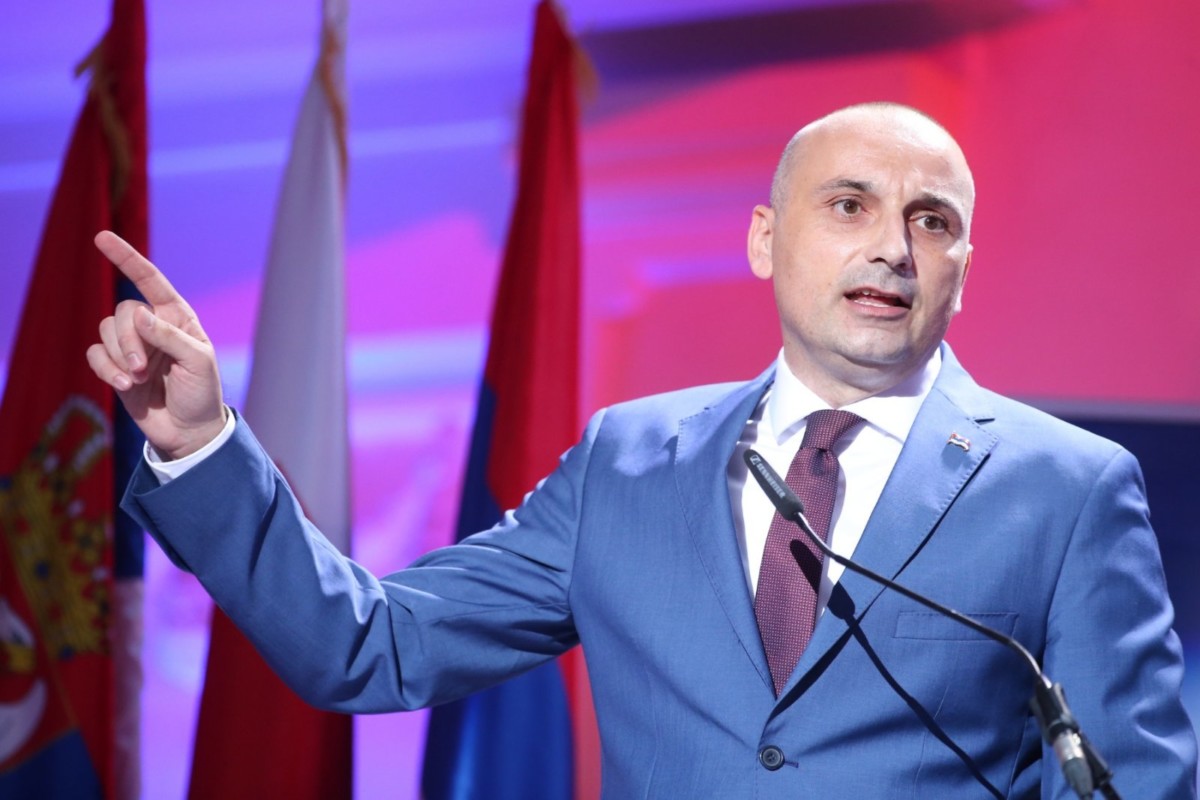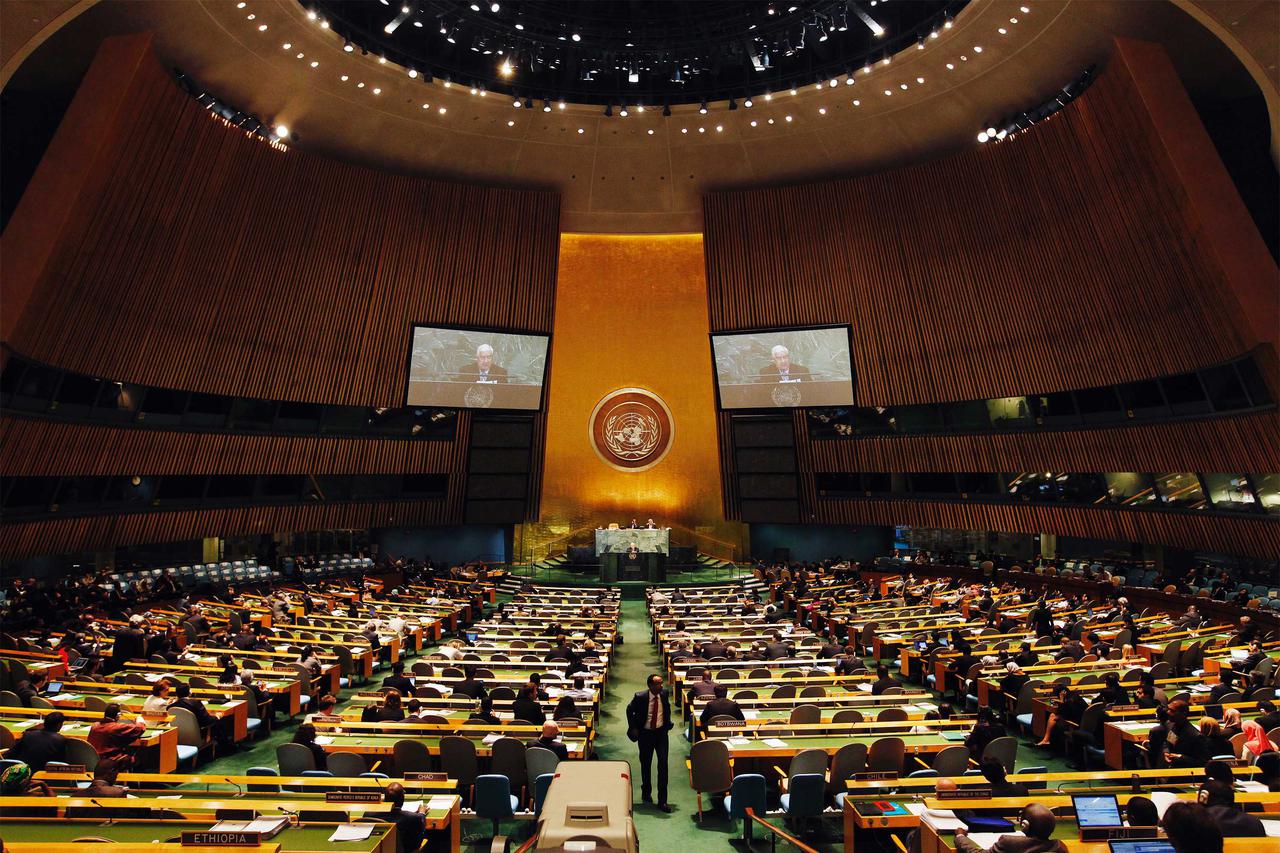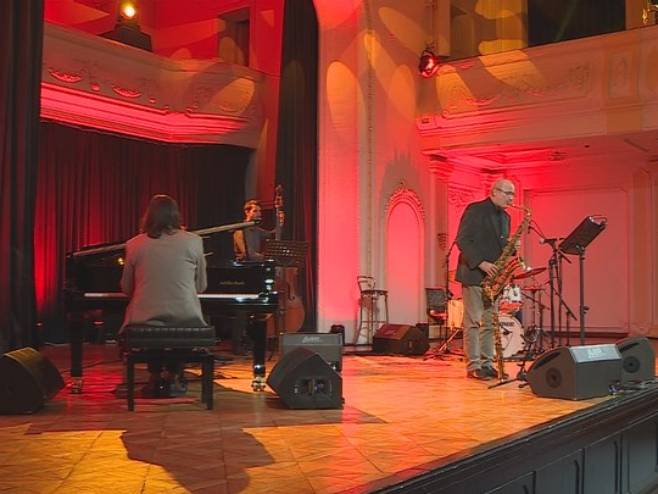The Russian Federation values the stance of Republika Srpska President Milorad Dodik in resisting the pressures applied by the West through illegal sanctions and relentless media campaigns to coerce Srpska’s leadership into abandoning its legitimate positions, particularly its ties with Moscow, stated Russian Ambassador to Bosnia and Herzegovina Igor Kalabukhov.
In an op-ed for Glas Srpske focused on the BRICS Summit, Kalabukhov emphasized the significance of President Dodik’s attendance at the gathering in Kazan, reinforcing Russia’s strategic partnership with Republika Srpska.
Kalabukhov particularly highlighted the meeting between Russian President Vladimir Putin and Dodik, noting that new agreements for advancing the strategic partnership between Russia and Srpska were reached, which will also form a substantial basis for the Russian Embassy’s work in Sarajevo.
“We welcome and support mutually beneficial cooperation between Republika Srpska and the host of the Summit—Russia’s Republic of Tatarstan, one of our country’s most developed and innovative regions,” Kalabukhov added.
He pointed out that the undeniable success of the Summit in Kazan resonated loudly in Europe, showcasing the clear failure of efforts to isolate Russia and impose an anti-Russian agenda on the countries of the Global South.
“We see that many in the West—some with fear, others with hope—closely followed the events of the Kazan Summit, and not without reason. For years, many countries have nurtured the dream of European integration as a universal remedy for all problems. However, the crisis of EU institutions, mired in bureaucracy, and the crisis of the ‘European idea’ itself, which has evolved into a form of ‘multicultural ultraliberalism’ that borders on neocolonial dictatorship, are becoming evident,” Kalabukhov stated.
Kalabukhov cited the failed referendum on European integration in Moldova, which the regime in Chisinau tried to “save” through falsifications, manipulations, and media spins, as evidence of awakening from this false “European dream.”
He noted that even with “adjusted” referendum results, there is no consensus within Moldovan society on EU accession.
Kalabukhov also referenced similar trends in Georgia, where, two decades after the pro-Western “Rose Revolution” and 15 years following Mikheil Saakashvili’s failed attempt to militarily reclaim South Ossetia, the public and even some politicians are showing fatigue with unattained European and Euro-Atlantic dreams and the hypocritical promises of a better life from Western leaders.
“It is unsurprising that Georgia now seeks ways to normalize relations with Russia, although Western powers now threaten Tbilisi with sanctions and attempt to orchestrate a new color revolution,” Kalabukhov remarked.
He continued by highlighting the hope provided by BRICS cooperation, with its growth prospects signaling a future of strong, sovereign, truly independent states governed by mutual respect and a balance of interests.
“We are convinced this is the only way to ensure lasting peace and sustainable progress for humanity, and we will do everything in partnership with our friends and partners worldwide to make our shared vision a reality,” stated the Russian Ambassador to BiH.
Kalabukhov recalled that the organization now known as BRICS was established in 2009 as a forum for four major developing economies—Brazil, Russia, India, and China. Today, it includes nine full members, with numerous other countries seeking to join.
In its current form, BRICS nations represent nearly half of the global population, and their combined GDP exceeds that of the G7, the grouping of previously dominant Western economies.
The Summit in Kazan brought together representatives from 35 countries, including 22 heads of state, despite Western officials and media’s claims of Russia’s so-called isolation.
The declaration adopted by BRICS member states at the summit includes 134 agreed points addressing a wide range of issues, including international and domestic security, economy, trade, finance, ecology, culture, medicine, tourism, sports, and more.
“In essence, BRICS aims to tackle anything that can be addressed through joint efforts. The Kazan Declaration is evidence that BRICS countries share similar views on the majority of global political issues,” Kalabukhov noted.
Furthermore, he emphasized that BRICS cooperation develops without imposing on or undermining any participating country, without interfering in internal affairs, and without coercing members to align with a “common foreign policy,” which in Western terms often means unlawful unilateral sanctions against geopolitical competitors.
“BRICS lacks the bloated bureaucracy that typically operates against the interests of sovereign nations and their citizens. This alone differentiates it from the EU, NATO, and other European and Euro-Atlantic institutions, positioning BRICS as an alternative to the Western world order,” Kalabukhov explained.
According to him, it is not surprising that, even though BRICS does not yet have its currency, common market, or open borders, many already see it as an alternative to the European and Euro-Atlantic path—despite it not being established as a rival or competitor to anyone.
“A good illustration of this is Turkey’s interest in joining BRICS, despite being a NATO member,” Kalabukhov concluded.
Source: RTRS









